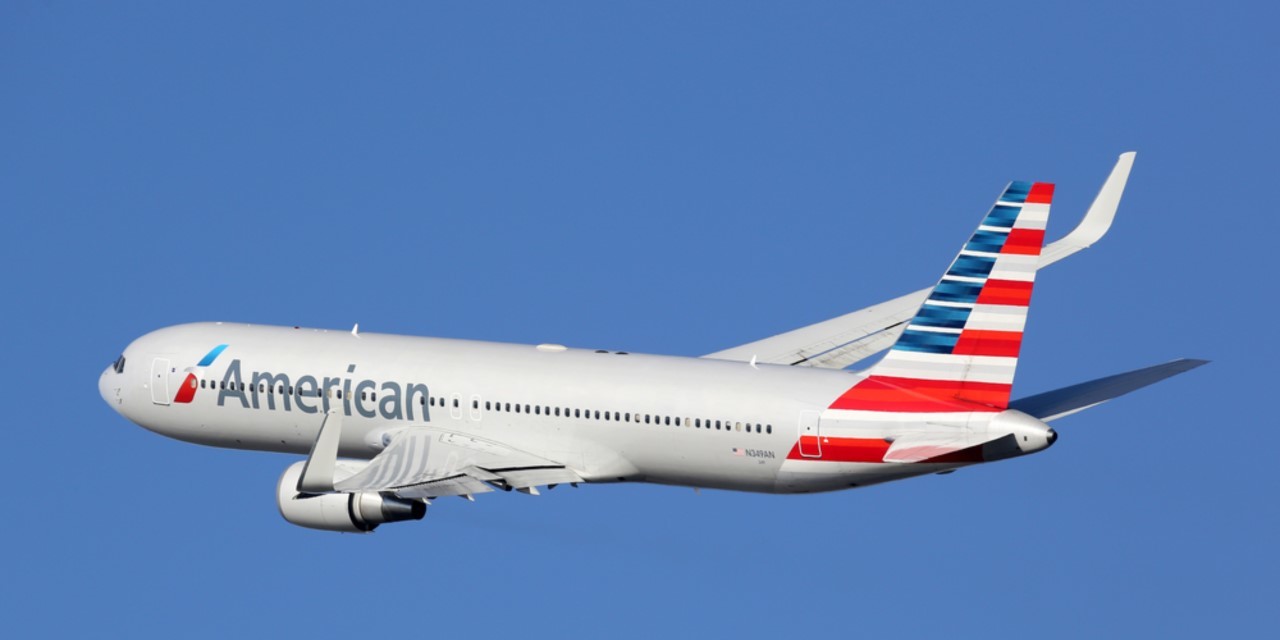A federal judge has granted American Airlines’ request to reject a class action complaint accusing it of violating contracts by canceling reservations for passengers who don’t check in an hour before their scheduled departure.
Lucas Huddleston filed the complaint after American canceled his reservation for a Jan. 16, 2016, flight from Hong Kong to Dallas because he got to the airport 50 minutes before the departure. He said American’s only written policy for international fliers is that they be at the gate 30 minutes before takeoff, but believes the airline routinely cancels international reservations for passengers without checked baggage who don’t check in at least an hour before flight time for international to domestic flights and 45 minutes for domestic to international trips.
In arguing to strike the class allegations, American said the “unique circumstances” of Huddleston’s canceled reservation prevent him from seeking damages on behalf of similarly situated passengers. Federal Judge Andrea Wood issued her opinion on American’s motion on Oct. 2 in Chicago.
Specifically, American said Huddleston was “randomly selected to undergo additional security screening before his flight,” a situation that doesn’t apply to all passengers who arrive in the time period at question, and a circumstance that gave gate agents “further reason to anticipate he would not make his flight.”
According to the airline, the additional screening was expected to add at least a half hour to Huddleston’s check-in process, which included going through customs and physically making it to the gate. Wood said the airline’s liability “depends on whether a putative class member would have made it to their departure gate on time,” and she couldn’t make that determination without proof of the airline’s claim the additional screening takes at least 30 minutes.
Though she declined to strike the class allegations based on American’s failure of typicality stance, she sided with the airline in its position that creating a class under Huddleston’s terms would lead to “countless individualized inquiries to resolve each class member’s claim.”
American’s argument, Wood explained, is centered on there being no common method for proving most or all class members would have made it to their departure gate by the expressly noted 30-minute cutoff had they collected boarding passes upon checking in inside of an hour before takeoff. Passengers who arrived at the airport late and didn’t get to the departure gate within the stated 30 minutes aren’t suffering any legal damage, Wood explained, as the airline is merely enforcing its written contract terms.
“There are numerous factors that could affect whether a passenger checking in after the 60- or 45-minute cutoff would make it to the departure gate in time,” Wood wrote. “Indeed, it is plainly obvious that a passenger who checks in 31 minutes prior to departure will not be able to reach his or her departure gate in time. Yet, such individuals are included in Huddleston’s proposed class.”
With so many factors at play, such as length and speed of security lines, distance to the departure gate and the physical fitness of individual passengers — “the hypotheticals could go on,” Wood wrote — it would become impossible to presume a common situation among all class members, and Huddleston didn’t “suggest how class discovery could change this common-sense conclusion.”
She further explained Wood couldn’t succeed on his breach of contract claim because he didn’t explain how American caused a legal injury, further undercutting his claim that all passengers are similarly affected.
Huddleston is represented in the action by attorneys Benjamin G. Edelman, of Brookline, Mass.; James L. Thompson, of Lynch Thompson LLP, of Chicago; and others with the firms of Boni, Zack & Snyder LLC, of Bala Cynwyd, Pa., and Giskan Solotaroff & Anderson LLP, of New York.
American Airlines is represented by the firms of King & Spalding LLP, of Atlanta, and Sidley Austin LLP, of Chicago.
